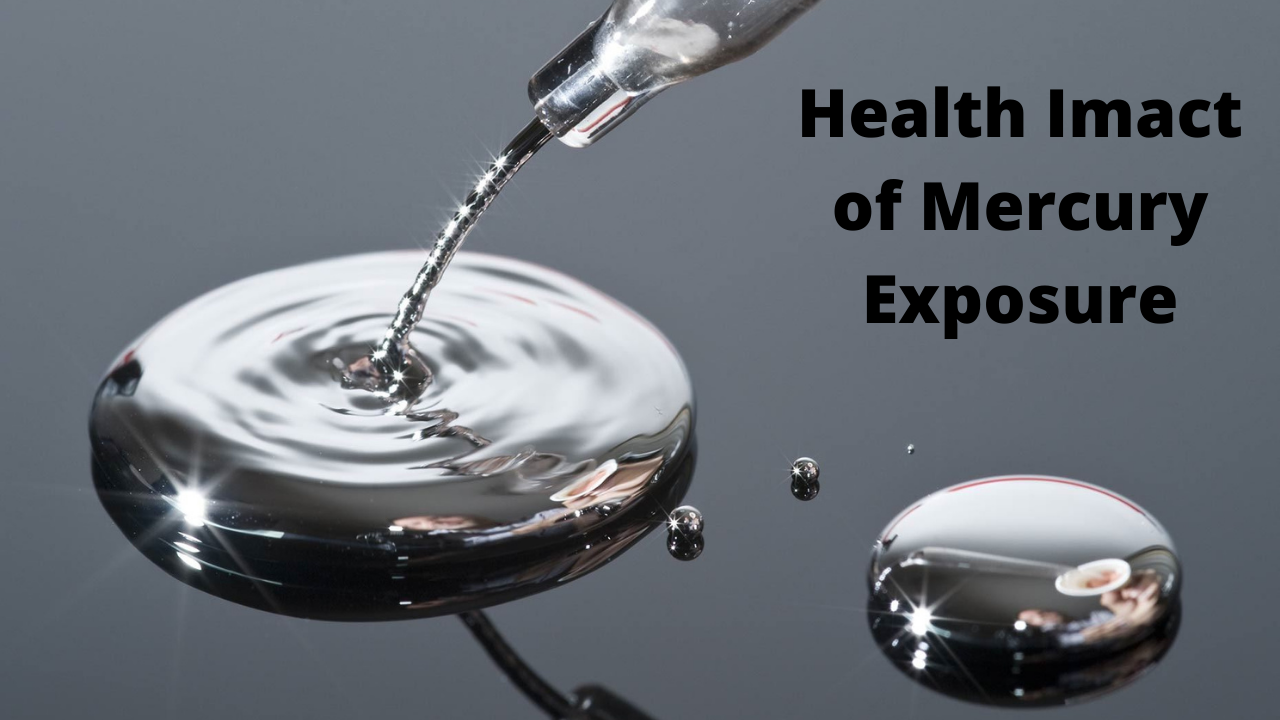In our fast-paced world, it’s easy to become so focused on our lives and what’s happening in our little world that we forget to pay attention to our surroundings. But it’s essential to be aware of our surroundings and what’s happening around us, for our safety and for the safety of those we care about.
There are many dangers that can lurk in our surroundings, from crime to accidents to natural disasters. By being aware of our surroundings, we can help to keep ourselves and those we care about safe.
In today’s world, it’s more important than ever to be aware of our surroundings. With the rise of technology, we have more ways than ever to stay connected to what’s happening around us. We can use our phones and computers to stay up-to-date on the news, weather, and traffic conditions. We can also use apps and social media to stay connected with friends and family.
That said, in today’s article, let’s explore heavy metals. While it may seem unlikely, we encounter these elements more than we think. Here’s what you need to know:
Table of Contents
What are Heavy Metals?
Heavy metals are a class of chemical elements with a high density and are generally toxic. Some examples of heavy metals include lead, mercury, and cadmium.
Heavy metals can enter the environment through natural processes, such as volcanic eruptions, or through human activities, such as mining and industrial processes. Once in the environment, they can be redistributed through the food chain and accumulate in plants and animals’ bodies, including humans.
Common Heavy Metals We Encounter
We all know that heavy metals are bad for our health. But what are they exactly? Here, we look at some of the most common heavy metals we encounter and how they can impact our health.
Lead
Lead is a heavy metal that is found in a variety of products and materials. It is used in batteries, pipes, paint, and many other products. Although it has been banned in many countries, lead is still found in many homes and businesses.
Lead can enter the body through ingestion, inhalation, or skin contact. Once in the body, lead can build up in the bones, kidneys, and liver. Lead exposure can cause a variety of health problems, including anemia, kidney damage, and brain damage.
Mercury
Mercury is a naturally occurring element found in air, water, and soil. It is a heavy metal that is liquid at room temperature. Mercury is used in various products and processes, including thermometers, dental fillings, fluorescent light bulbs, and mercury-containing pesticides.
Exposure to mercury can cause serious health problems, including brain damage and kidney failure. Mercury is particularly harmful to pregnant women and their developing fetuses. Fetuses exposed to mercury may develop mental retardation, cerebral palsy, and other neurological problems.
Arsenic
Arsenic is a naturally occurring element found in rocks, soil, water, and air. It is also found in small amounts in food, including fruits, vegetables, grains, and meat. Arsenic is considered a heavy metal.
While small amounts of arsenic are not harmful, long-term exposure to high levels of arsenic can cause health problems, including cancer. Arsenic is known to cause cancer in humans.
Final Thoughts About Heavy Metals
Knowing what you can about heavy metals is essential for your safety and your family’s. Heavy metals can be found in a variety of products and can pose a serious health risk if not handled properly. Be sure to educate yourself on the dangers of heavy metals and take precautions to avoid exposure.
If you’re planning to detox with zeolite, Zeolite for Detox can help you! We provide comprehensive resources to help you, from getting started to where you can buy zeolite supplements. Simply go to our website to get started!
Recent Posts
Revitalize your health with an innovative detox approach offered by Root Wellness. This powerful solution enhances wellness through natural ingredients like zeolite and silica, effectively cleansing...
Roots Clean Slate Erfahrungen Revitalize With Bioavailable Silicon
Revitalizing your health begins with a natural approach to removing harmful substances. Detoxification can pave the way for a more vibrant life through effective cleansing methods. Bioavailable...


